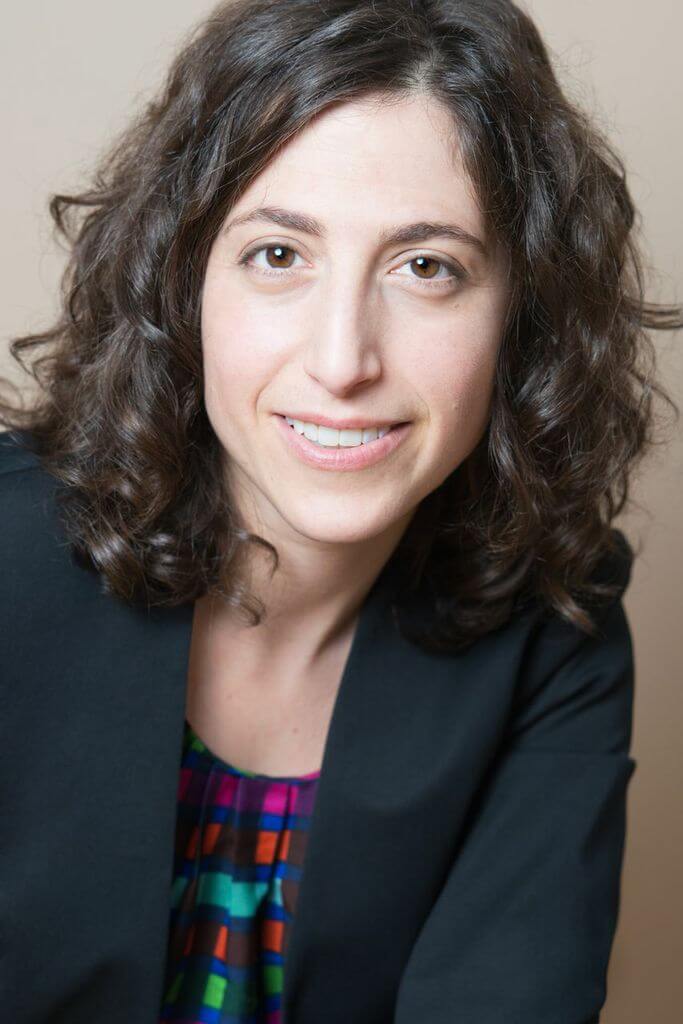
Autism on Campus – Part 1
A Discussion with Dori Zener
On a seemingly bleak Monday morning in March, the polar vortex of 2014 is in full force – Dori Zener a specialist in Autism Spectrum Disorder warmly invites the Centre for Innovation in Campus Mental Health for a cozy chat in her office at the Redpath Centre in midtown Toronto.
Even before I remove my winter gear it becomes apparent that Dori is passionate about her work and the potential of post-secondary students with Autism Spectrum Disorder (ASD)
Here is just a snippet of what she had to say about students with ASD navigating the waters of post-secondary institutions in Ontario.
Part 1
What is life like for a student with Autism Spectrum Disorder in 2014?
Every student on the spectrum is so different. I think people might not realize the amount of effort that individuals with ASD expend every day even before they get to class. Getting to campus on time, dealing with the noise of the traffic, navigating through crowds, even ordering a coffee can be daunting. Then once they get to class, interacting with peers, dealing with group work, coordinating accommodations… All of these could contribute to increased levels of stress and anxiety for these students.
We can never forget that these are very bright students. Very resilient – but they need assistance. These students succeed with clear expectations, and a circle of support. A student with ASD often lives an isolated ‘campus life’ and that can make it hard to maximize their success.
What concerns do students with ASD have as they enter the post-secondary world?
Well, if they move out of their homes and onto campus, that’s a big step! This might be the first time where they are living on their own without their parents and family to rely on for day to day support.
There is a definite fear of failure amongst these students. They can be perfectionists and want to demonstrate that. Students often really want to make friends, but don’t know how. In reality, many students face a high level of isolation and loneliness. Some people with ASD may not be able to judge character – this can lead to them being taken advantage of and can make them particularly vulnerable to bullying and abuse. Social challenges can lead to higher levels of anxiety and depression.
What are the concerns of counsellors, faculty or University & College administrators as they encounter students with ASD?
Often there can be a lack of resources — both human and financial –that counsellors and disability specialists can face. They may feel stressed over their lack of capacity to address the needs of students with ASD. Many of the University and College disability counselors I have spoken with have a passion for working with students with ASD. The students rely heavily on the care and strong supports they receive on campus.
For Faculty – I think there is a definite need for education about supporting a student with ASD in the classroom/lecture setting. Sometimes these students can be disruptive without realizing it, or require extra attention or clarification.
How can students and their college or university meet in the middle to maximize a successful educational experience for someone with ASD?
There are some really good pilot projects out there – the new initiative with York University and Algonquin College comes to mind.
It’s helpful for students to learn about “the day in the life” of a post-secondary student — visit the campus, take transit there to see what the experience is like. Transition from class to class. Be aware of the lack of structure in comparison to high school settings.
I think that colleges and universities should look at the successes of peer mentorship and peer navigators for students with ASD. Other programs that build social skills can be highly effective.
There is still a lot of stigma that people with ASD face, and of course, that exists on campuses as well. Students have talked about not seeking help because they don’t want to be “outed” by being seen walking into the disability services office. A virtual counseling centre that students can access would be fantastic.
Offering disability and counseling staff continuing education about ASD and access to specialists can contribute to the success of students with ASD.
Dori Zener

Browse Spotlight Interviews
March 14, 2014

